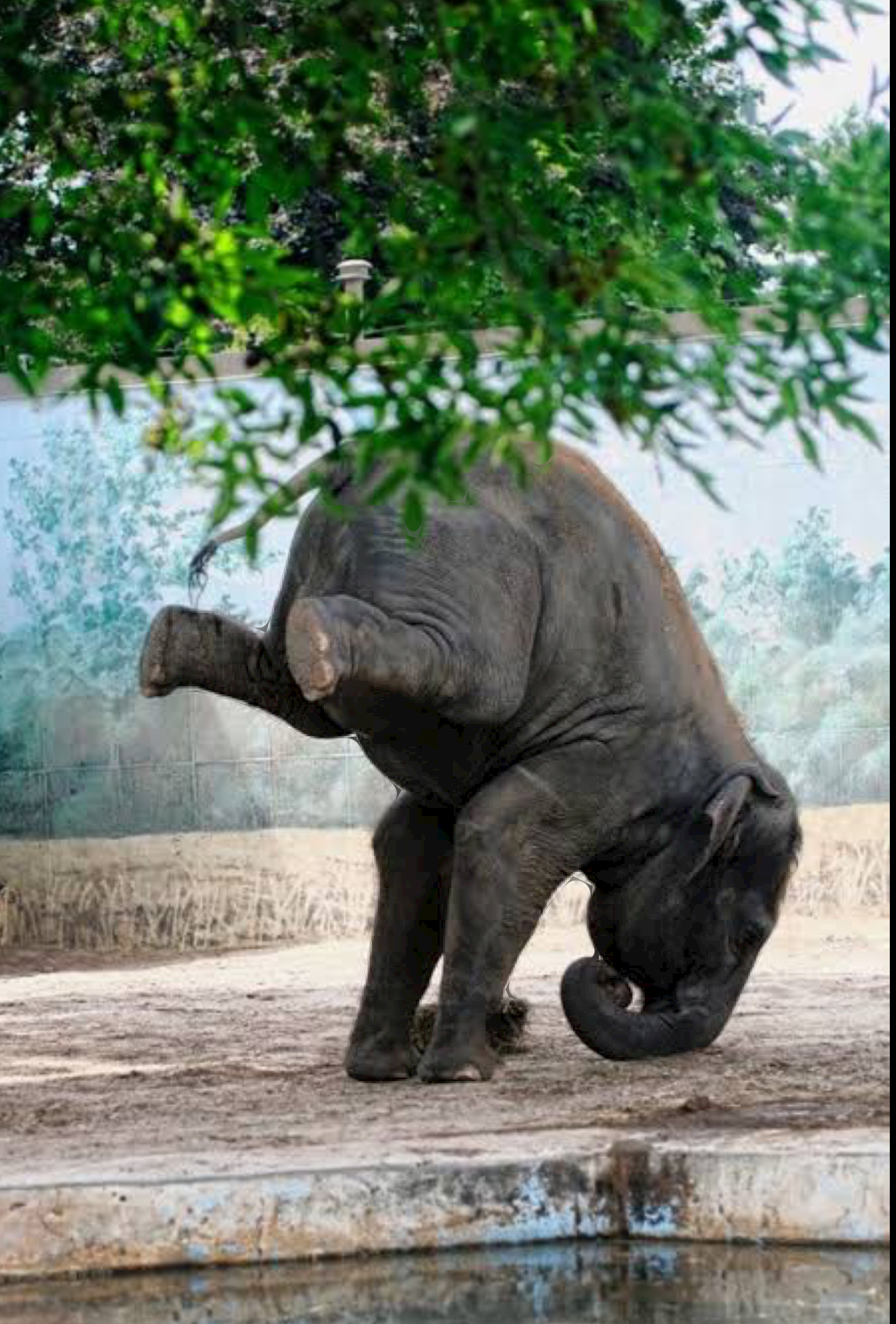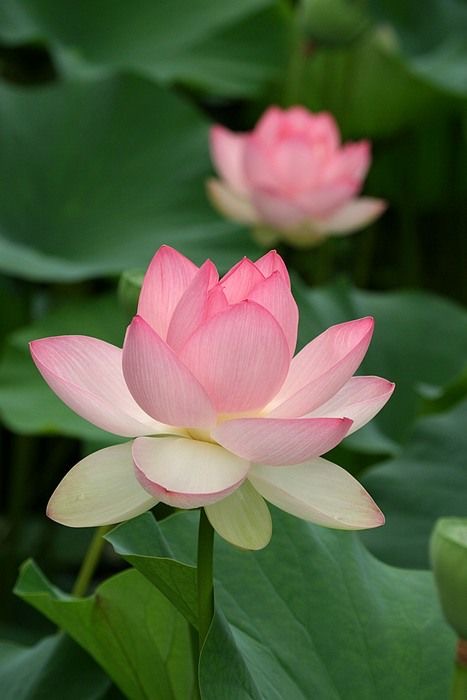International Day of Yoga 2022 is ‘Yoga for humanity,’ keeping in mind the significant mental, physical and emotional strife caused by the pandemic. The International Day of Yoga, is being celebrated across countries on June 21 every year since 2015, the idea for the day was proposed by Prime Minister Shri Narendra Modi during his speech at the 69th session of the General Assembly in 2014.
The word ‘Yoga’ is derived from the Sanskrit root ‘Yuj’, meaning ‘to join’ or ‘to yoke’ or ‘to unite’. As per Yogic scriptures the practice of Yoga leads to the union of individual consciousness with that of the Universal Consciousness, indicating a perfect harmony between the mind and body, Man & Nature. In the yogic lore, Shiva is seen as the first yogi or Adiyogi, and the first Guru or Adi Guru. Several Thousand years ago, on the banks of the lake Kantisarovar in the Himalayas, Adiyogi poured his profound knowledge into the legendary Saptarishis or “seven sages”.
Yoga is ultimately a philosophy . It is a science that benefits the body and the soul. It is an art, a practice of connecting where the mind, the body, the soul interconnect and act as one. Even though the popular branch of yoga practiced is ” Asanas “for physical body and ” Meditation” for mindfulness n stress relieving but according to Vedic and Sanatana (Hindu) philosophy, every Yogi goes through seven stages of development before achieving complete liberation which is the true goal of human life. Thus the aim of Yoga is Self-realization, to overcome all kinds of sufferings leading to ‘the state of liberation’ (Moksha) or ‘freedom’ (Kaivalya). Living with freedom in all walks of life, health and harmony shall be the main objectives of Yoga practice.
PATANJALI YOGA SUTRA teaches us how practicing Yoga can be useful for humanity : 4 VIRTUES FOR MENTAL PEACE
PATANJALI. YOGA SUTRA I. 33.
“MAITRI KARUNA MUDITA UPEKSANAM SUKHA DUHKHA PUNYA APUNYA VISAYANAM BHAVANAH CITTAPRASADANAM”
Maitri= Friendship;
Karuna= Compassion;
Mudita= Pure Joy or happiness;
Upekshanam=Indifference;
Vishayanam= Regarding;
Bhavana=Feeling;
Cittaprasadanma= Favourable disposition
The fast-paced lifestyles and stressful ways of the world can cause us to periodically behave in ways that do not align with our inherent nature. Patanjali Yoga Sutra I. 33 makes complete sense that helps us inculcate four primary virtues i.e. Maitri= Friendship; Karuna= Compassion; Mudita= Joy; Upekshanam=Indifference. These virtues are fundamental for our own favourable disposition or mental peace.
The four primary virtues hold the key and help us to restore balance on mind level and help us gain better understanding and acceptance of any given situation. This sutra teaches us how to deal with various kinds of people and situations in everyday life.
MAITRI-FRIENDSHIP
Friendship or friendly attitude helps us in accepting a person for “what is” rather than demanding “what should be” This helps us cultivate an attitude of unconditional acceptance. There is uniqueness in everyone one of us. Friendly attitude towards everyone helps us to celebrate the beautiful imperfections of human-related experiences in life. Friendship gives us a chance to further our understanding that we all need each other for learning, understanding and personal growth. So, Maitri towards ‘punya’ and ‘sukha’ i.e. friendship towards positive and happy people who take life as it comes without grumbling and complaining.
Celebrate Friendship with joyful individuals
KARUNA -COMPASSION
Being compassionate towards others is an important tool for spiritual and personal growth. Being compassion towards others feeling helps develop an emotional understanding and bond. This helps you to develop important qualities of being less judgemental, being a sympathetic listener, more accepting of others and difficult situations in life. An appreciation of how others feel will lead to a deeper understanding of self and life. Also, you will find that you are less prone to anger and aggression. Karuna towards people who are ‘dukhi’ and ‘apunya’ i.e. show compassion towards people who are suffering from pain and the less fortunate. All the holy saints, sages, prophets or spiritual beings like Buddha, Christ, Mera, Muhammad prophet etc. all epitomized compassion.
Show Compassion to those in need
MUDITA- JOY
Being genuinely happy for others is vital for one’s own mental peace and wellbeing. So, feel Mudita towards ‘punya’ or positive people. Mudita is pure joy one feels unadulterated by any self-interest. Try to relate this emotion to parent and child relation. Parents selflessly give to their children without expecting anything in return. Mudita nurtures a gentle, caring and blissful state of mind.
UPEKSHA-INDIFFERENCE
Imperturbability (Upeksha) in day-to-day situations that might be happy, painful, successful or unfortunate helps in harmonizing of our Citta. There is an example of Krishna being challenged by a scoundrel into a fight. Krishna walked away even though the person called him a coward. It wasn’t cowardice. It was wisdom. Similarly, we shouldn’t react if someone abuses or criticizes us. We should be indifferent. Let them speak. We have to maintain our balance state of mind. So, show Upeksha towards ‘apunya’ or people who are critical and judgemental of you. It is a pre-requisite on the path of peaceful healing and spiritual happiness.
4 simple virtue practices prescribed by Sage Patanjali hold the secrets to long lasting happiness, contentment, and peace within.
So, next time your boss yells at you or you happen to have a tiff with spouse or parents scolding you, refrain from reacting immediately and start making a habit of finding some positive learning of the given experience. These four virtue practices will certainly come in handy.
The Yogic Techniques of Asana, Pranayama, Meditation, Recipes, and holistic ways to enhance your life.

















